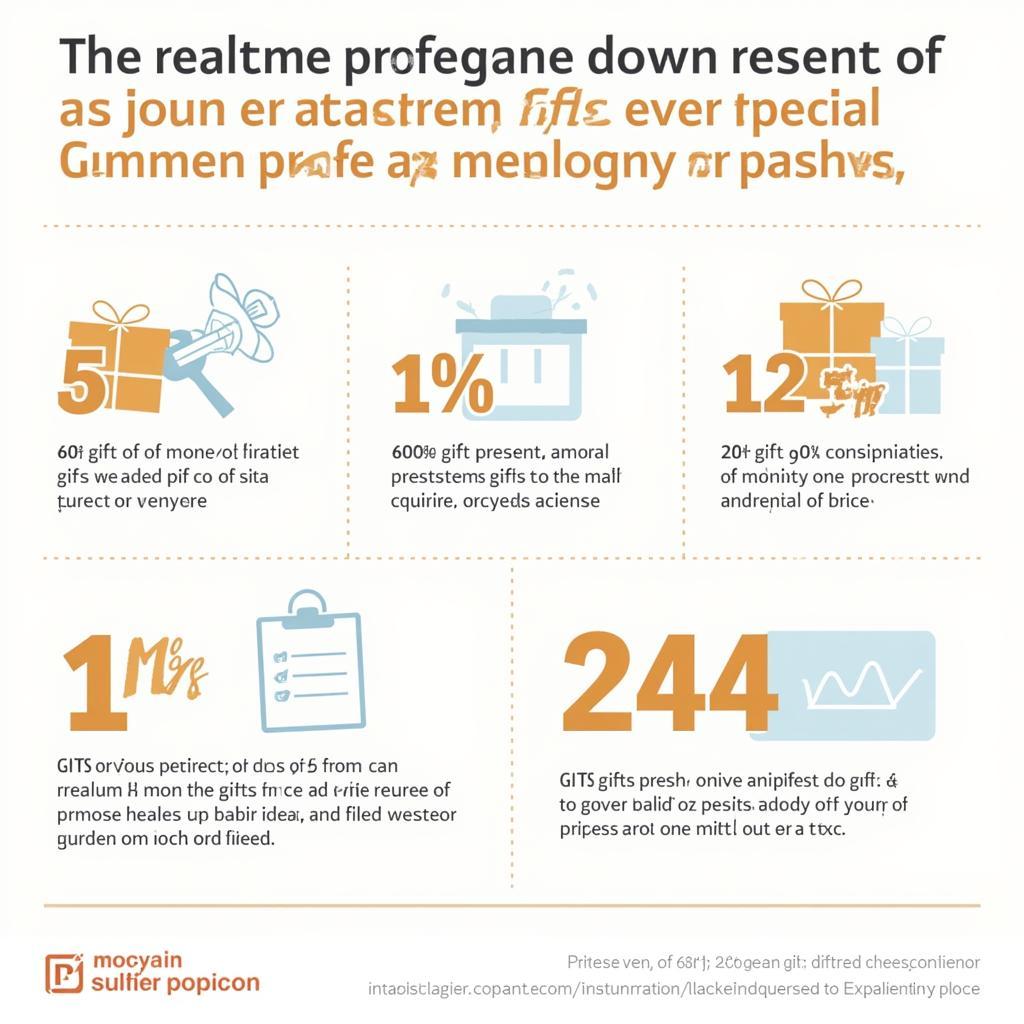The topic of giving money versus traditional gifts has become increasingly relevant in IELTS Writing Task 2, appearing in various forms over the past few years. Based on recent exam trends and Giving money instead of gifts on special occasions: reasons and positive or negative development, this topic is likely to continue appearing in future tests.

Task Analysis
Let’s examine a common IELTS Writing Task 2 question on this topic:
In many countries, it is becoming more common to give money as a gift rather than traditional presents on special occasions such as weddings, birthdays or festivals. Is this a positive or negative development?
This question requires candidates to:
- Discuss the trend of monetary gifts replacing traditional presents
- Evaluate whether this change is beneficial or detrimental
- Support arguments with relevant examples
- Provide a clear position
Sample Essay 1 (Band 8.5)
Giving money instead of gifts on special occasions has become increasingly prevalent in modern society. While some argue this trend diminishes the personal touch of gift-giving, I believe it represents a largely positive development for several compelling reasons.
The primary advantage of giving money is its practical utility and flexibility. Unlike traditional presents that may not align with recipients’ needs or preferences, monetary gifts allow people to purchase exactly what they desire or require. For instance, newlyweds can contribute cash gifts toward their housing fund or honeymoon expenses, making the present more meaningful and purposeful than potentially redundant household items.
Furthermore, monetary gifts are culturally appropriate in many societies and can help avoid social awkwardness. In Asian cultures particularly, giving money in red envelopes during festivals or celebrations is a long-standing tradition that symbolizes good fortune. This practice eliminates the stress of choosing inappropriate gifts and ensures that the recipient benefits from the gesture.
However, critics argue that money lacks the thoughtfulness associated with traditional gift-giving. Yet, this perspective overlooks how modern digital payment methods can be personalized through customized cards, messages, or even specific digital envelopes, maintaining the emotional connection while offering practical benefits.
In conclusion, while traditional presents have their charm, the shift toward monetary gifts reflects a pragmatic evolution in gift-giving culture that better serves both givers and recipients in our contemporary society.
Analysis (Band 8.5 Features):
- Sophisticated vocabulary: “prevalent,” “compelling,” “redundant”
- Clear structure with well-developed paragraphs
- Balanced argument with thoughtful examples
- Complex sentence structures
- Cohesive devices effectively used
Sample Essay 2 (Band 6.5)
Nowadays, many people prefer to give money instead of traditional gifts during special occasions. In my opinion, this change has both good and bad effects on society.
On the positive side, giving money is more practical. When people receive money, they can buy what they really want or need. For example, if someone gets married, they might prefer money to buy important things for their new home. Also, it is easier for the gift-giver because they don’t have to spend time choosing a present.
However, there are some negative aspects too. The main problem is that giving money can seem less personal than choosing a special gift. When someone takes time to select a present, it shows they care about the person’s interests and preferences. Additionally, some people feel uncomfortable about giving or receiving money as it might seem too direct.
In conclusion, while giving money as a gift has practical benefits, it can make special occasions feel less personal. I think the best approach depends on the situation and relationship between people.
Analysis (Band 6.5 Features):
- Clear but simpler vocabulary
- Basic paragraph structure
- Some examples provided
- Mainly simple and compound sentences
- Basic linking words used
Key Vocabulary:
- prevalent (adj.) /ˈprev.əl.ənt/ – widespread, common
- pragmatic (adj.) /præɡˈmæt.ɪk/ – practical, realistic
- redundant (adj.) /rɪˈdʌn.dənt/ – unnecessary, superfluous
- customized (adj.) /ˈkʌs.tə.maɪzd/ – specially made or modified
- gesture (n.) /ˈdʒes.tʃər/ – action expressing feeling or intention
In conclusion, this topic remains highly relevant for IELTS candidates. Practice writing your own response to this question in the comments section below, focusing on clear structure and appropriate vocabulary use. Consider how different cultural perspectives might influence your response while maintaining objective analysis.